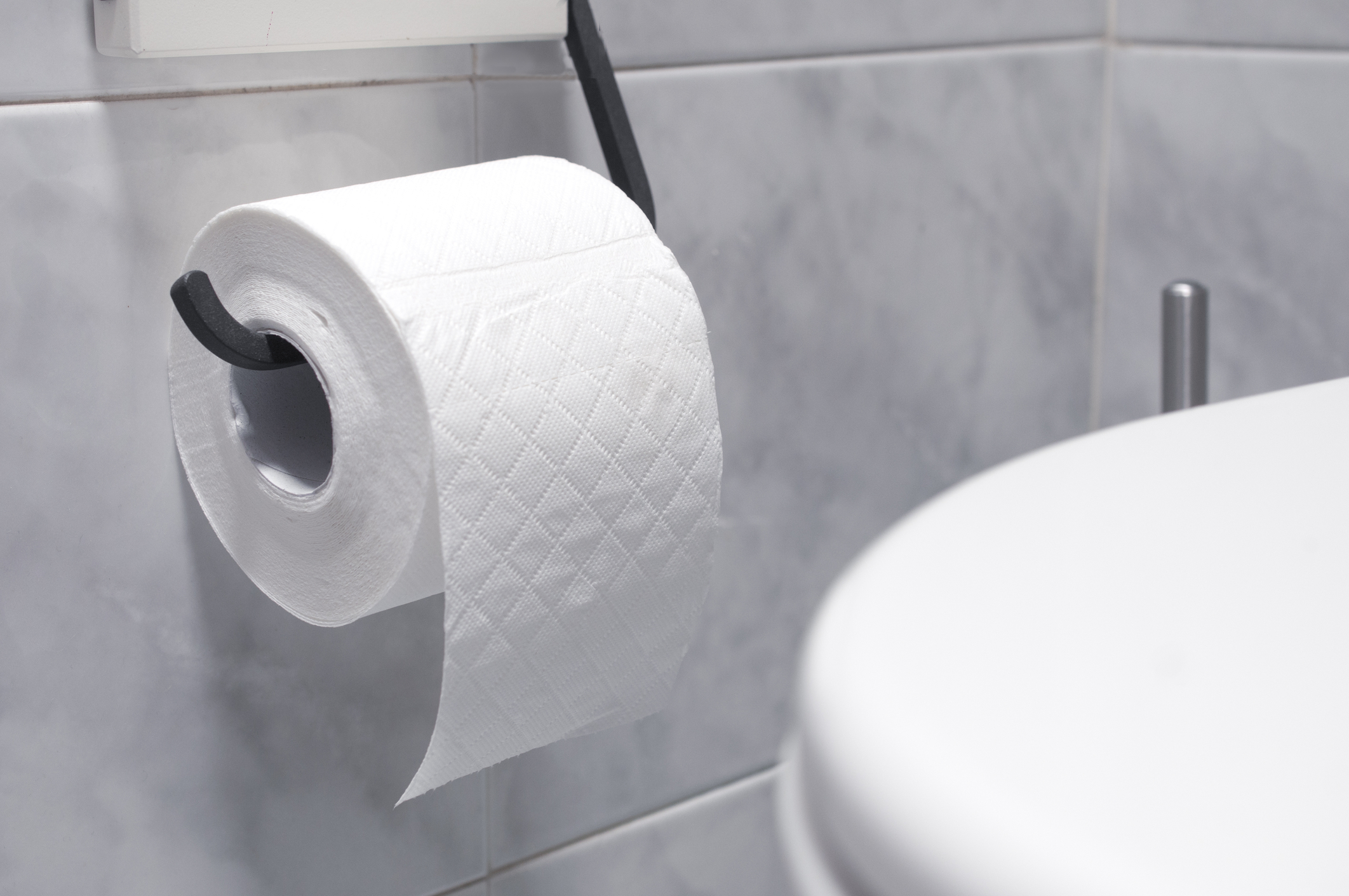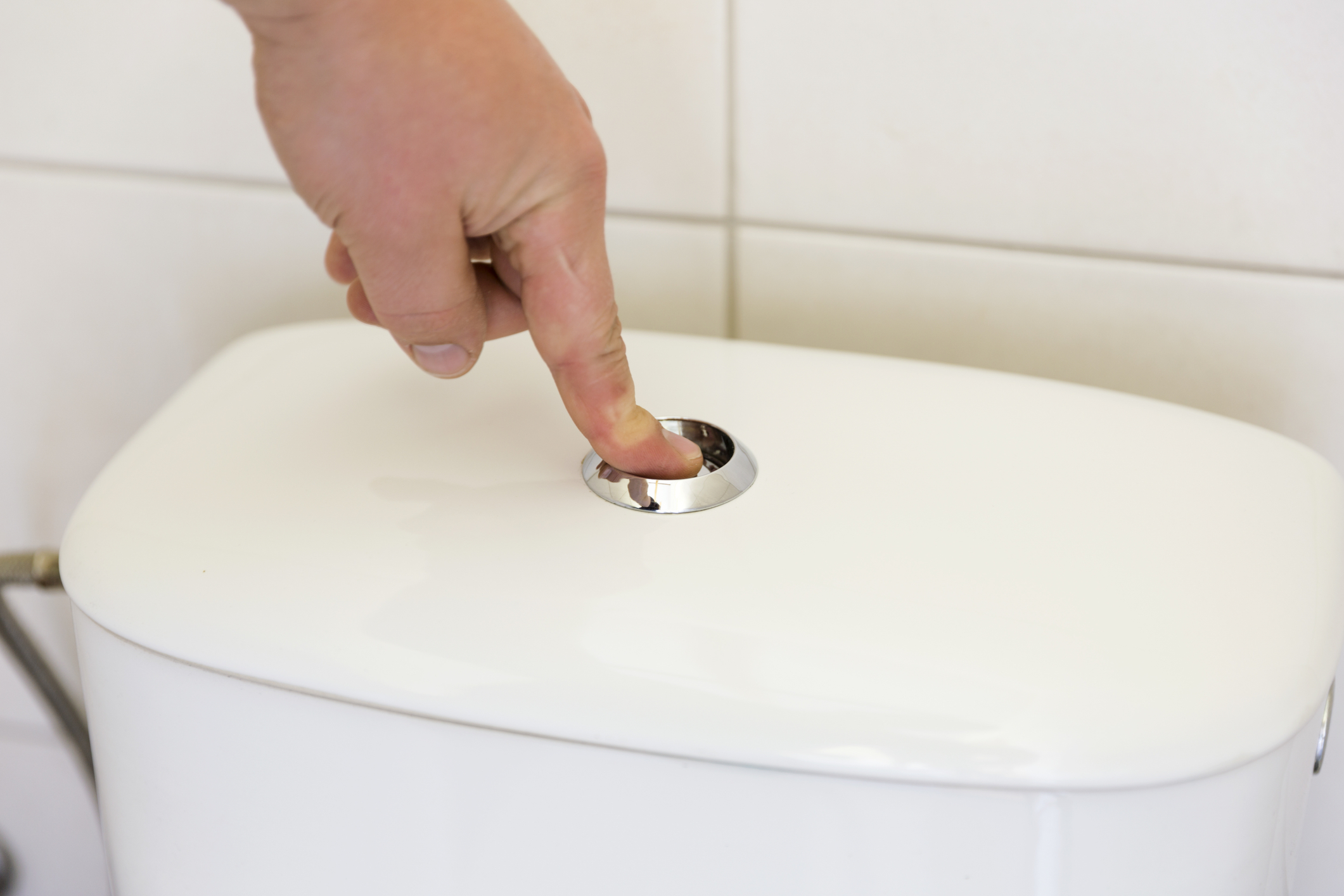Five Fascinating Facets of Fecal Matter that Will Leave You Awestruck
Fecal matter is more than just waste. In fact, the microbial universe it houses, known as gut microbiome, can make you rethink its significance. This biological entity inside our intestines includes bacteria, viruses, fungi, and other single-cell organisms, making a busy microbial city.
There are nearly 1000 different species of bacteria in the human gut, and each individual hosts a unique set of these. The staggering diversity in gut microbiome implicates that fecal matter is a unique identifier, almost like a fingerprint.
This microbial community doesn't just process waste, but plays a necessary role in digestive health, immune system and even mental health. Recent studies in gut-brain axis have linked the variation in gut microbiome to conditions such as depression and autism.
Though bacteria are small, they collectively carry 150 times more genes than the human genome thereby influencing our physiology in major ways. The next time you have an intuition, remember, it could be your gut talking!
The Role in Environmental Sustainability

Fecal matter isn’t just important for the functioning of our bodies, but it becomes an integral part of the environmental cycle once it exits our system. This brings us to another fascinating dimension - its role in sustainability.
Humanure, the term coined for human fecal compost, can actually be a nutrient-rich soil conditioner if composted properly. Moreover, scientists have also developed a way to convert human feces into a form of charcoal, referred to as "biochar". This can improve soil fertility and capture carbon, helping in climate change mitigation.
Additionally, fecal matter could be a potential energy resource. Countries like Rwanda and Kenya have leveraged the use of biogas systems to turn human waste into a reliable source of gas for cooking and lighting.
Impact on Obesity and Weight Loss

Moving on, fecal matter holds a strange but significant connection with obesity and weight loss regimes. Yes, you read it right! Your poop could actually be a key player in your weight loss journey.
Research suggests that certain bacteria in our gut microbiome are strongly associated with obesity. For instance, a surplus of firmicutes and a deficit of bacteroidetes may lead to weight gain. Hence, examining the composition of gut bacteria can provide insights into our metabolism.
Fecal microbiota transplantation, involving transfer of gut fecal bacteria from a healthy donor to a patient, is a recent medical innovation used to treat various intestinal diseases. Recent studies suggest that it might also serve as an effective tool in tackling obesity.
The Brilliant Indicator of Health Status

The fourth interesting facet of fecal matter is its role as a health indicator. Anything from your diet, hydration level, to serious health issues, can be detected from the specifics of your fecal matter.
The color, for instance, can provide insights about your bile production which is responsible for digestion of fat. Constancy can tell about your digestive health and the composition of dietary fiber. Your feces can even reveal if you have bleeding ulcers, colon cancer, or infections.
Stool tests become a valuable part of medical diagnostics because of this very reason. A comprehensive stool analysis can detect potential health risks and help doctors accurately diagnose and treat different conditions.
Fecal Matter in Wildlife Conservation

Lastly, this biologically underrated entity serves a pivotal role in wildlife conservation. For biologists studying wildlife, scat is invaluable. Through non-invasive fecal sampling, scientists can learn about an animal's diet, stress levels, reproductive status, and even its genetics.
Fecal glucocorticoid metabolite analysis is used to measure stress hormones, which helps monitor an animal's response to changing environmental conditions or human activities. Fecal DNA analysis provides crucial insights into population genetics, species distribution, and helps in monitoring endangered species.
Even carnivore scats are used as scent markers to ward off other carnivores from territories, thus helping in conservation efforts. Thereby, fecal matter becomes a crucial tool in conservation strategy.
So, from our bathrooms to research labs, and from fields to forests, the humble fecal matter has a lot more to it than meets the eye!